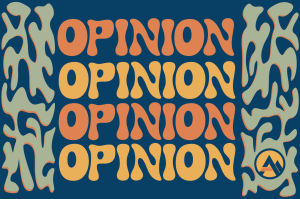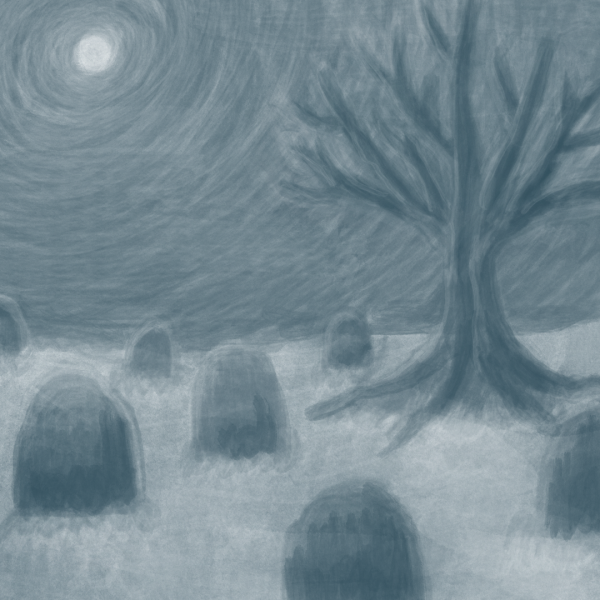Opinion: The right to free speech doesn’t include hate speech
September 12, 2020
The extent of free speech is a debate happening across the country with the focus on hate speech. Hate speech is discriminatory speech, writing or behaviour that attacks religion, race, gender, sexuality and other factors of identity. With the rise of political polarization and an increased spotlight on social issues, people are quick to police each other’s language. This debate over the First Amendment is happening among students and administrators in Boone. People are not afraid to express their opinions and American universities have cautiously navigated free speech on campus, balancing between too much restriction and not enough. So where should we draw the line between free speech and hate speech?
It is App State’s responsibility to ensure students have a voice on campus. But, App State must ensure students feel accepted. Students have the right to express their beliefs, however, the line is crossed when free speech infringes on another student’s right to feel safe on campus.
A student reported to Black at App State an incident in which they and eight of their friends were verbally harassed by two white fellow students shouting racial slurs at them on campus. The student says in the Instagram post, “…I realized how unprotected Black students were in this community.” It is unclear if the incident was reported to the university. But regardless of if incidents are reported to administration, fighting hate speech begins with App State students. Hate speech should not be accepted on App State’s campus. Free speech is a pillar of American ideals but shouldn’t be used to alienate and harass fellow citizens in the name of freedom.
Americans are familiar with the First Amendment: Congress cannot make any law restricting freedom of speech, religion, the press etc. But, the First Amendment does not give Americans the right to say whatever they want: there are restrictions. Yelling fire in a crowded theater is not protected free speech because it falsely expresses clear and present danger. Additionally, reasonable threats against another person are not protected. Unregulated hate speech normalizes prejudice therefore, it is extremely dangerous. For example, the United States is currently experiencing a spike in hate crimes – the highest numbers in 16 years. Hate speech encourages discrimination so App State is in its right to take action against students who use it.
Free speech is important on college campuses, but students’ freedom to exist on campus hate – and harassment – free is far more important.














Haley • May 24, 2021 at 7:17 am
While hate speech is objectively deplorable, the dangers of creating laws that further limit freedom of speech to include hate speech could easily be taken advantage of by the government. If, say, a certain political party is predominantly made up of members of a particular religion, and the government is predominantly ran by members of that party, who are also apart of that religion, they could use those laws to say that any criticism of the government or that political party are hate speech. If it is made into laws, the government then holds the power rather than the people, and we see all around the world how governments with that power abuse it. It’s treading into dangerous territory, to give our government that power. We can’t always operate under the assumption that our government does and will always have our best interests at heart, and that such laws won’t be manipulated in order to oppress minority groups.
Chandra • Mar 18, 2021 at 6:38 pm
I will not repeat what commenters above have said, I will offer my own insight. Passing a law against hate speech would bring new problems, and it is because of this: How can we be sure that people will not abuse the “no hate speech” law and use it to condemn people simply for disagreeing with them? We can’t. If some law against hate speech was passed, there would be people unfairly trying to use it against people who expressed opinions different from theirs, even if those opinions were expressed politely. This is further proven by the fact that Americans today do exactly that, through the phenomenon known as “cancellation.”
Leland Coleman • Nov 26, 2020 at 2:49 am
Hate speech is protected speech. The last Supreme Court case in 2017 was unanimously reaffirm 9-0. Any University that attempts to restrict lawful and constitutionally protected speech should have their federal funding suspended for 10 years. If they go bankrupt, so be it. Any student harmed by the University’s unconstitutional actions should file a lawsuit. I’d love to be on that jury.
Leah S • Sep 30, 2020 at 12:31 pm
While this is a tempting argument to make, it’s patently untrue. The courts have ruled over and over again that hate speech is in fact protected speech. Arguing that “App State is in its right to take action” is completely incorrect, and any action attempting otherwise will have your tuition money going straight to a large settlement payout to someone you very much disagree with at the first lawsuit. It would be wise to spend more time wondering how we can hold the administration accountable for the denouncement of harmful rhetoric, supporting marginalized students, and providing comprehensive justice education to the student body, rather than creating false arguments for a long decided legal issue.
Bob Jones • Sep 12, 2020 at 11:36 pm
The Supreme Court has ruled on this. You are wrong. Hate speech is protected speech. Deal with it.